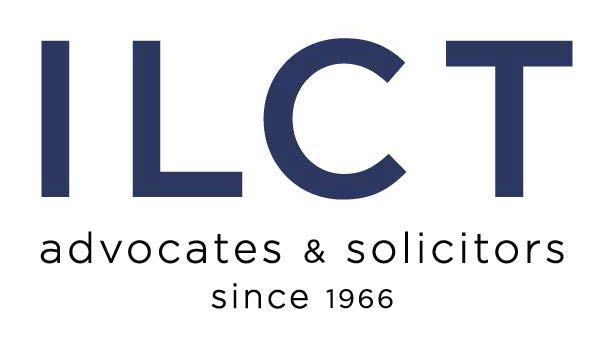Thailand Applies VAT on Foreign e-Service and e-Platform
On February 10, 2021, the Thai Government Gazette published an amendment to the Thai Revenue Code subjecting foreign e-Service providers and e-Platform operators rendering e-Service to non-VAT clients in Thailand to value added tax (the “e-Service Amendment”).
The e-Service Amendment added new definitions to the Revenue Code, as well as, imposing new VAT requirements; all of which will become effective on September 1, 2021 onwards. The details are explained below.
1). Key Amendments
First up, the e-Service Amendment included new definitions to the Revenue Code, which are:
- Goods means tangible and intangible assets, having a value, for sale or other uses, including imported goods, but does not include intangible assets that are transferable or deliverable via the internet or other electronic networks.
- e-Service means any service, including intangible assets which are transferred/delivered via the internet or other electronic networks, which can be essentially automated, and not achievable without the use of information technology.
- e-Platform means a marketplace, channel or any other means that enable multiple service providers to provide e-Service to recipients (e.g. Amazon, Shopee, Google Play or PSN).
2). Definition of e-Services and e-Service Providers
In short, this e-Service Amendment re-defined the meaning of e-Service, the key takeaways are:
- e-Service is any intangible goods that can be delivered/transferred via the internet or other electronic networks, such as: downloadable software, gaming application, films or music.
- e-Service is any services that can be delivered/transferred via the internet or other electronic networks, such as: online advertisement service or online streaming service.
Under the above definition, examples of e-Service providers are:
- Downloadable or online gaming services, such as: Genshin Impact, League of Legends: Wild Rifts or World of Warcraft.
- Downloadable or online media streaming services, such as: Netflix, Disney Plus or Spotify.
- Online advertisement services such as: Facebook, Line, YouTube or Google Ads.
3). New VAT Requirements
Under this e-Service Amendment, a foreign e-Service provider or e-Platform operator (excluding those registered in Thailand) with an annual revenue over THB 1,800,000 deriving from e-Service rendered to non-VAT clients in Thailand, shall now apply for VAT registration and be liable for VAT payment under the following conditions:
- If the client in Thailand is a VAT registrant, the VAT client shall be responsible for VAT payment; or
- If the client in Thailand is not a VAT registrant, the foreign e-Service provider or e-Platform operator shall apply for VAT registration and be responsible for the said VAT payment and file a tax return on a monthly basis.
Previously, foreign e-Service providers or e-Platform operators were not responsible for (2). However, with this e-Service Amendment, foreign e-Service providers or e-Platform operators will now be responsible for the VAT payment as specified in (2), with the said VAT payment calculated from output tax only (without deducting input tax), and are not allowed to issue tax invoice(s).
4). Conclusion
In summary, this e-Service Amendment will subject foreign e-Service providers and e-Platform operators to value added tax.
It is important that businesses clearly understand whether they are an e-Service provider or an e-Platform operator, and determine their source of revenue to duly comply with the new VAT requirements. With this being said, the key VAT requirements are:
- If a foreign e-Service provider renders an e-Service to non-VAT clients in Thailand via its own online channel/website, the said e-Service provider shall be responsible for VAT payment; or
- If the foreign e-Service provider renders its services via a foreign e-Platform, the foreign e-Platform operator shall be responsible for VAT payment on behalf of that e-Service provider.
This e-Service Amendment is rather new and requires an in-depth understanding of both the tax code and related technology to determine local VAT liabilities. If you have any question or require further assistance on this matter, you are welcome to contact: law@ilct.co.th.
By:
Chart Chotiphol
Counsel/Business Development

